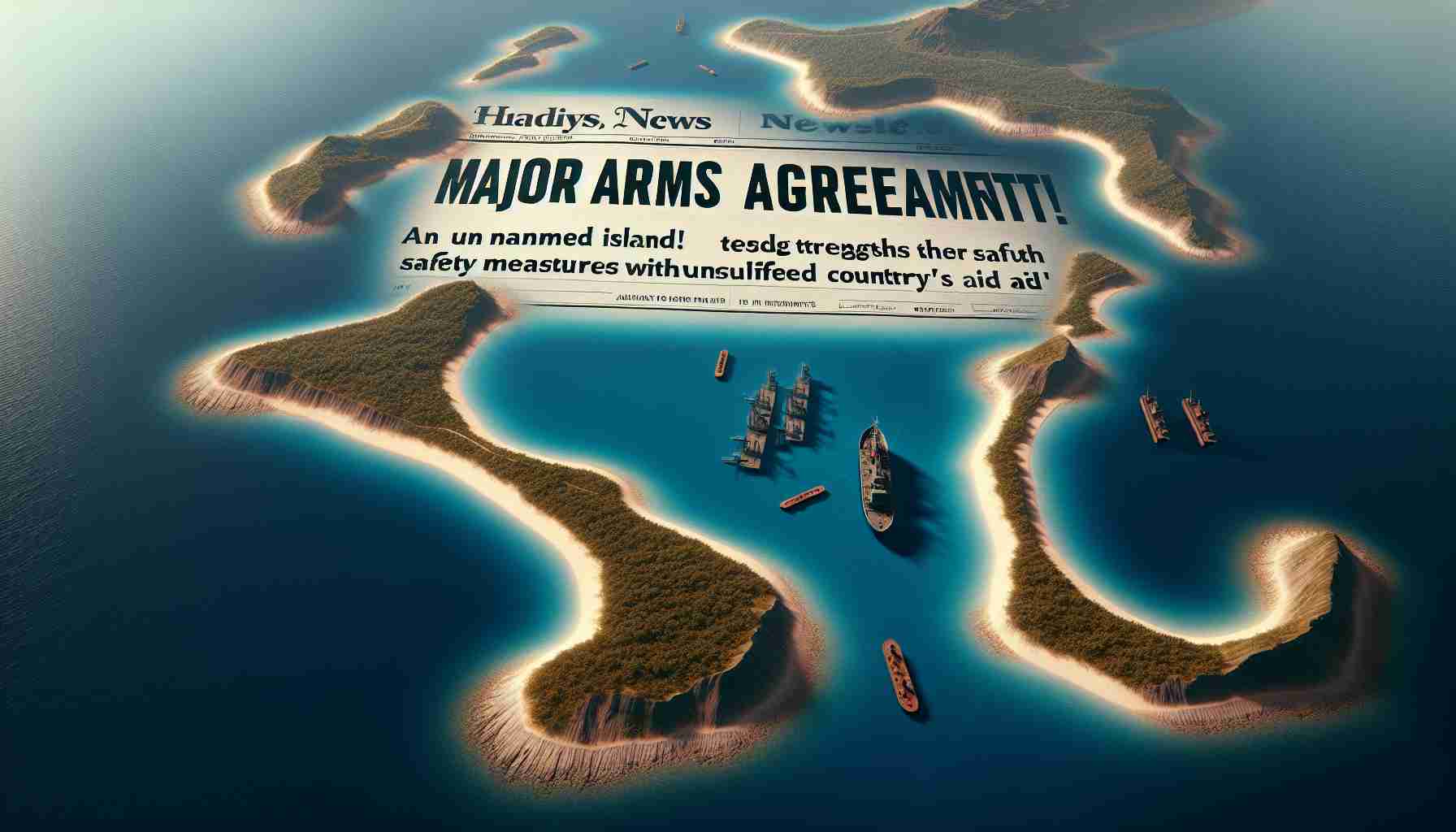In a significant move underscoring the strategic partnership between the US and Taiwan, Washington has greenlit a substantial arms package to the island nation. Valued at $385 million, the deal aims to enhance Taiwan’s defense capabilities amid escalating tensions with China.
Vital Military Support
Despite a lack of formal diplomatic ties, the US remains a crucial ally and arms provider for Taiwan. The recent approval covers spare parts for F-16 fighter jets and radar systems, leveraging existing US military inventories. This segment, estimated at $320 million, is set to see delivery starting in 2025. The Defense Security Cooperation Agency (DSCA) stressed the importance of this support in boosting Taiwan’s defensive readiness against potential threats.
Another component of the agreement involves $65 million for continued support of a tactical communications system, vital for maintaining the island’s military infrastructure.
International Dynamics
China, which claims Taiwan as part of its territory, has long criticized US arms sales to the island, viewing them as provocations. Meanwhile, Taiwan expressed deep appreciation for the reinforcement of its military capabilities, emphasizing the critical nature of these enhancements to its air defense systems.
The announcements coincide with Taiwan’s President Lai Ching-te preparing for an international visit with noted stopovers in Hawaii and Guam. Taiwan remains committed to strengthening its defenses against China’s military actions, which frequently include the deployment of jets, warships, and drones near its borders.
This marks the 18th arms deal with Taiwan since President Joe Biden took office, reinforcing the US commitment to bolstering the island’s defense amidst persistent regional tensions.
Innovation or Provocation? How Taiwan Arms Deal Could Reshape Global Tech Landscape
As the geopolitical temperature rises between Taiwan, China, and the US, a newly approved arms package has maneuvered Taiwan into the global spotlight. This $385 million agreement not only underscores political alliances but also hints at future technological advancements with far-reaching implications for humanity.
Unseen Benefits to Technology
While the primary goal of the arms deal is to fortify Taiwan’s defense, the ripple effects on technology sectors could be profound. For instance, the allocation of $65 million to support tactical communications systems may bolster Taiwan’s already thriving tech industry. This funding could lead to advancements in communication technology that have civilian applications, potentially benefiting sectors like telecommunications and cybersecurity globally.
Furthermore, Taiwan’s defense upgrades, particularly in F-16 fighter jets and radar systems, could spur innovation within the aerospace industry. Such high-level technological improvements might see offshoot applications in commercial aviation and even space exploration, pushing the limits of current capabilities.
Controversies and Strategic Concerns
However, this deal isn’t without its controversies. Critics question whether increasing militarization will exacerbate tensions in an already fragile region. How will China’s stance influence global policies and trade dynamics? While military readiness is vital for Taiwan, the international community also grapples with whether these moves serve peace or provoke conflict.
These strategic moments bring about an ethical debate: is pouring resources into military technology overshadowing global investments in humanitarian tech advancements? Balancing defense with human-centric progress remains a complex challenge.
Advantages and Disadvantages
One significant advantage for Taiwan is enhanced security. With the bolstered defense systems, Taiwan may achieve a stronger negotiating position on international platforms. Moreover, the technology trickle-down effect could spur economic growth in allied nations, driving innovation and job creation.
On the downside, the heightened military focus might draw resources away from pressing global issues like climate change or pandemic preparedness. Additionally, the arms deal raises questions about sustainability and the future trajectory of international relations.
What Does This Mean for the Future?
This arms package may prompt unprecedented technological cooperation between Taiwan and the US, fostering stronger research and development ties. The resurgence of defense-related tech development could lead to breakthroughs beyond military applications, potentially affecting sectors as diverse as AI, robotics, and materials science.
Yet, it poses a fundamental question: can humanity balance technological progress with ethical considerations in defense spending? The impact of such decisions will reverberate through global economies and technologies, challenging policymakers to navigate this complex terrain.
For more information on global dynamics and technology advancements, visit BBC or New York Times.







